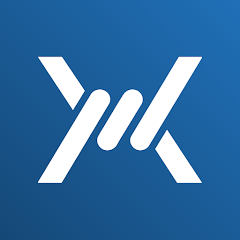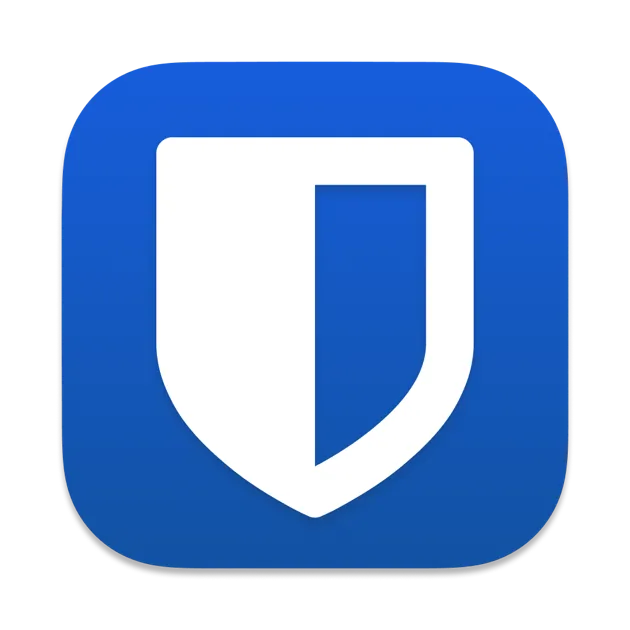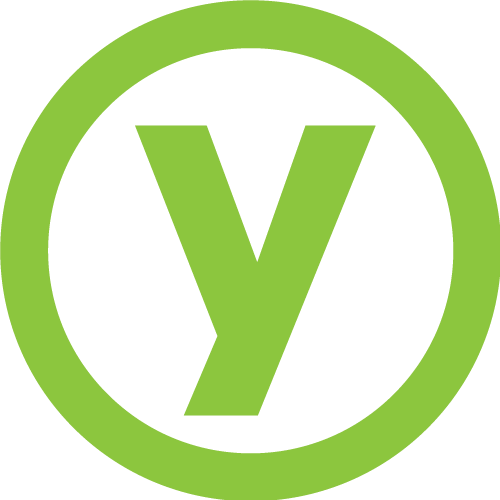Apps to help protect your privacy:
As always, we do not receive any form of compensation for recommending the apps below. They are just some of our favorites. You are encouraged to do your own research to see what best suits your needs.
An open-source meta search engine. Search every major search engine at once! Completely decentralized, with no logging of any kind.
Privacy-focused search engine that pulls results from Bing. Established in 2008, DDG is the most popular alternative search engine.


Swiss-based search engine with a great privacy policy. They block violent and adult content, making them a good family-friendly option.


“The search engine that plants trees.” Uses results from google and Bing. Privacy isn’t as strong as the choices above, but still far better than the mainstream choices.


Another privacy-focused search engine that has their own crawler, so results aren’t pulled from google or Bing.
Search engines that we don’t recommend:
-
Startpage – owned by an ad company
-
Yandex – too many results in Russian or otherwise not useful
Consistently ranked the best for ad and tracker blocking. A great choice for privacy right out of the box. Available for all major operating systems.
Privacy-focused browser that includes ad and tracker blocking, along with email aliases. They also offer a browser plugin which provides much of the same functionality for other browsers. Available for all major operating systems.
Connects to sites using anonymous routing to protect your privacy. Includes features to block trackers and prevent browser fingerprinting. Also allows access to the “dark web.” Available for all major operating systems.
Essentially the Tor browser, but without needing to connect to the Tor network. Provides strong protection against trackers and fingerprinting. Available for desktop only.


Private encrypted email based in Switzerland. A free account is available, but paid tiers allow for additional storage and usernames. They also offer a calendar, VPN, password manager, and file storage.
Formerly known as Tutanota. Private and encrypted email. Similar to Proton, a free account is available, but a paid account will get you more storage and usernames.


Private and secure email based in Belgium. Includes calendar and file storage. A free tier is available, but a paid account provides more storage and usernames.
Secure end-to-end encrypted messaging. Requires a phone number to sign up, but allows other users to find you via a unique username. Allows for group chats, phone calls, and video calls.
Encrypted messenger similar to Signal, but without needing a phone number or unique username. Can send message through their servers, or host your own. Allows for (small) group chats, phone calls, and video calls.


Decentralized encrypted messenger. Allows for group chats, with phone and video calls in beta. Messages are sent through a large number of independent nodes, and not stored on a centralized server.
Censorship-resistant messenger. Connects via the Tor network, or you can also send messages directly over Bluetooth. Decentralized. Not possible to receive offline messages without additional services.


Open-source secure chat protocol formerly known as Jabber. You can connect to a public server, but it’s best to run your own. There are many clients available for desktop and mobile. We like Snikket for both.
Messengers that we don’t recommend:
-
Matrix – most chat rooms are highly centralized on the matrix.org homeserver. Setting up your own server is challenging and uses a lot of resources once running.
-
Telegram – group chats aren’t encrypted, and messages aren’t encrypted by default
Founded in 2009, and strongly dedicated to privacy and freedom. Logs no information regarding their users. Can pay with cash or crypto, making it truly anonymous. Allows you to black ads, trackers, malware, and adult content if you choose.
Also founded in 2009, and with a similarly strong committment to privacy and security. Logs no information, and allows anonymous payment. No content filtering in the app, however.


Run by the same company as Protonmail. Included with some paid Protonmail plans. Offers content blocking similar to Mullvad. Can only pay with a credit card / Paypal.
VPNs that we don’t recommend:
-
Everything besides the above three
If you are already using NordVPN, ExpressVPN, PIA, or Surfshark, we would consider those “second tier” services. No need to panic, but once your subscription runs out you may want to switch to one of the services above.
Has crowd-sourced traffic info and public transit as well. Allows for offline map usage. Best for driving navigation, in our experience.
Very similar to Magic Earth. Try both and see which one you prefer. Also includes EV charging locations.


Uses maps from OpenStreetMap. Very good for hiking and going offroad, but car navigation isn’t the best. Open source with an excellent privacy policy.
An anonymous interface to google maps. It does not share any information with google, so no navigation. However, you can use it for maps, satellite photos, streetview, and business info. Available via F-droid only.
Maps that we don’t recommend:
-
Waze (owned by google)


Free chatbot that stores all data in your browser, so nothing sensitive is transmitted to their servers. Paid accounts have a higher rate limit. The most private and uncensored chatbot, in our opinion.
From the folks behind the Brave browser. Leo is built in to the browser and can summarize web pages, analyze pdf files, and more, all in a private fashion.
More of a traditional chat bot than Brave Leo. Private, but has usage limits that you may run up against, especially if using a VPN.
A free and open-source way to use the Play store. Paid apps are unavailable, but most everything else is there. Sometimes glitchy when google makes changes that break things, but overall it’s still the best way to get your favorite apps.
Offline password manager. Stores all password in an encrypted vault. Open source with an excellent reputation. Also has a browser plugin that can auto-fill password. The Android version is KeepassDX.


Online password manager. Has a free version, but a paid account ($10/year) provides more features. Includes many other useful security tools. Can be self-hosted for free, although if you are going to self-host we recommend Vaultwarden instead, which is based on Bitwarden.
Open-source app for TOTP two-factor authentication codes. Allows for your tokens to be encrypted, and backed up when needed.


Hardware key for the ultimate in security. Supports FIDO2 and U2F. There are featured guides on how to integrate the Yubikey with your favorite sites.
Other Privacy Resources:
Here are several other sites which feature privacy-oriented apps/software and techniques. Things generally get more “extreme” as you go down the list.
- PrivacyGuides
- Secrets of Privacy Personal Privacy Stack
- PRISM-break for Android
- Restore Privacy
- Hitchhiker’s Guide to Online Anonymity
- Extreme Privacy by Michael Bazzell, which is a comprehensive resource for all aspects of a private life, both online and offline.




